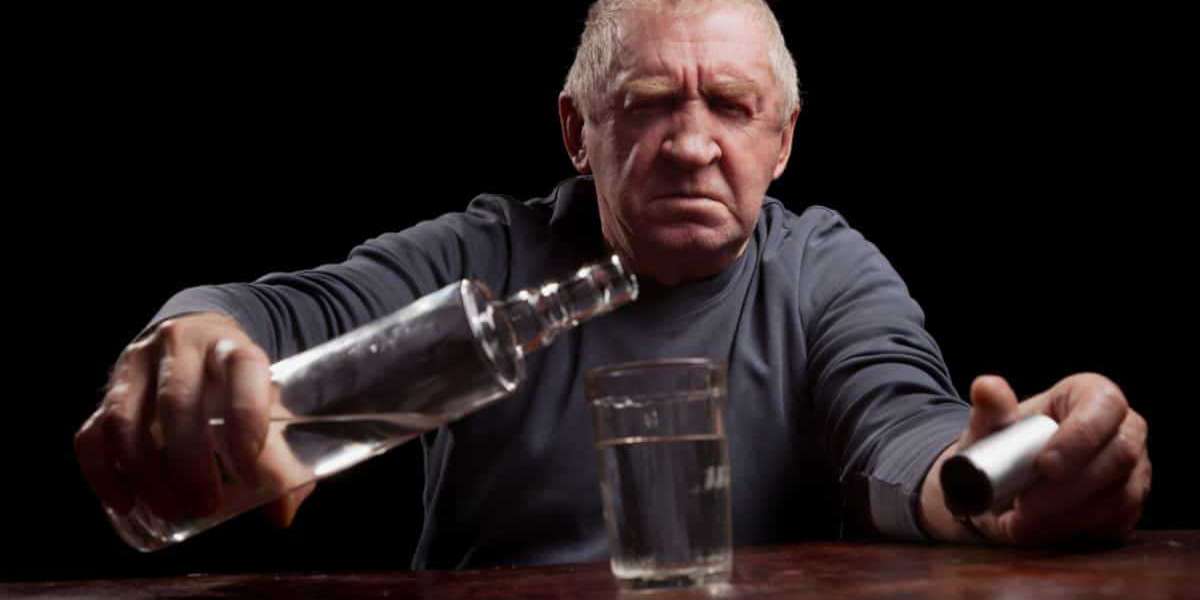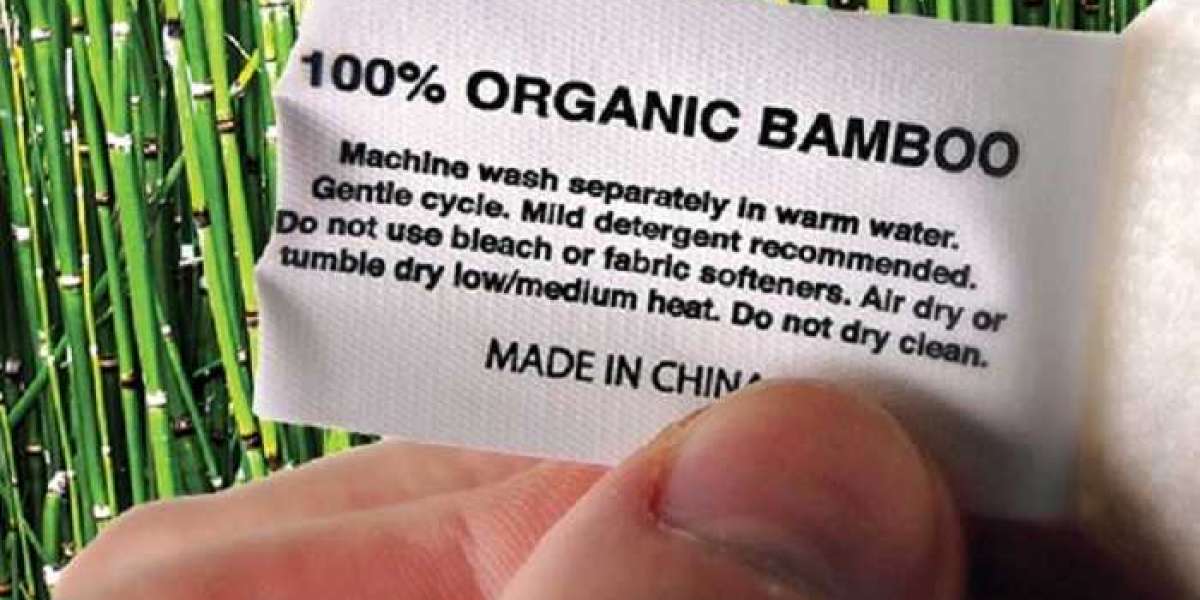Alcohol abuse is the use of alcohol in a way that causes harm to yourself or others. It is a mental health problem that can affect your life in many ways, including your relationships with your family and friends.
Several treatments are available for those with alcohol abuse. They can include behavioral therapy, prescription medicines and rehab.
Behavioral therapy
Cognitive behavioral therapy (CBT) is a type of behavior therapy that helps people change their thought patterns and emotions. It teaches people new skills and strategies to manage their mental health problems, including alcohol abuse.
CBT focuses on identifying and changing negative thoughts and feelings that can make you more likely to drink or use drugs. It also teaches healthier ways to deal with stress, anxiety or depression.
Behavioral therapy can be short-term or long-term. Typically, treatment is a series of sessions that last 12 to 16 weeks.
Behavioral therapy can include group or individual counseling. It may also involve medicines to help with withdrawal symptoms or reduce cravings.
Prescription medicines
Treatment for alcohol abuse often includes a combination of therapy, support groups, and prescription medicines. Some of these medications are available over-the-counter, but most are prescribed by a healthcare professional.
Naltrexone (Vivitrol) and acamprosate (Campral) are FDA-approved medications that can help you stop drinking. These drugs work by normalizing changes in your brain that occur when you drink alcohol.
Disulfiram (Antabuse) is another drug that can help you stop drinking. This medicine acts like a physical deterrent and causes you to feel sick after you take it if you drink alcohol.
Other medications that may reduce your alcohol intake include topiramate and gabapentin, which are anticonvulsants. These medications may not be the best choice for everyone, though. They haven’t been shown to be effective in long-term studies. So it’s best to discuss the options with your doctor. You might also consider trying therapy and other strategies to manage your cravings and reduce your use of alcohol.
Rehab
Rehab is a treatment for alcohol abuse that focuses on helping people achieve a lasting period of sobriety. It is a comprehensive and intensive program, and one that can be life-changing for those who seek it.
Rehab can be either inpatient or outpatient. Inpatient is more intense and focuses on the whole person and their situation. It also allows a person to focus on recovery without distractions.
In rehab, the goal is to provide a supportive environment in which people can learn coping skills and develop healthy relationships with others. This is done through a variety of methods including behavioral therapy and family therapy.
Rehab also involves a focus on addressing any other issues that may have led to alcohol use, such as mental health conditions. A reputable program will start with an intake interview to determine the individual’s needs and circumstances. Then, detox (if needed) and medical treatment are followed by therapy. The process can last anywhere from 30 days to six months, depending on the needs of the individual.
Aftercare
Aftercare is an important part of treatment because it keeps individuals rooted in their recovery as they transition back into everyday life. Successful programs help clients develop coping strategies and find support.
During rehab, effective therapy can teach you relapse prevention skills that help you avoid triggers that lead to alcohol or drug use. These relapse prevention skills are key to long-term success in sobriety.
A therapist can assist in creating an individualized aftercare plan that addresses your unique needs. This plan may include finding housing, employment, and other forms of support.
Individual and group therapy are common parts of a strong aftercare program. These sessions allow you to process your experiences during rehab and gain support from peers who have experienced similar situations.
Aftercare services are provided by a variety of individuals and organizations including healthcare professionals, faith-based groups, schools, and peer recovery groups. They all have a common goal of helping people recover from their addictions while reintegrating into society successfully.



